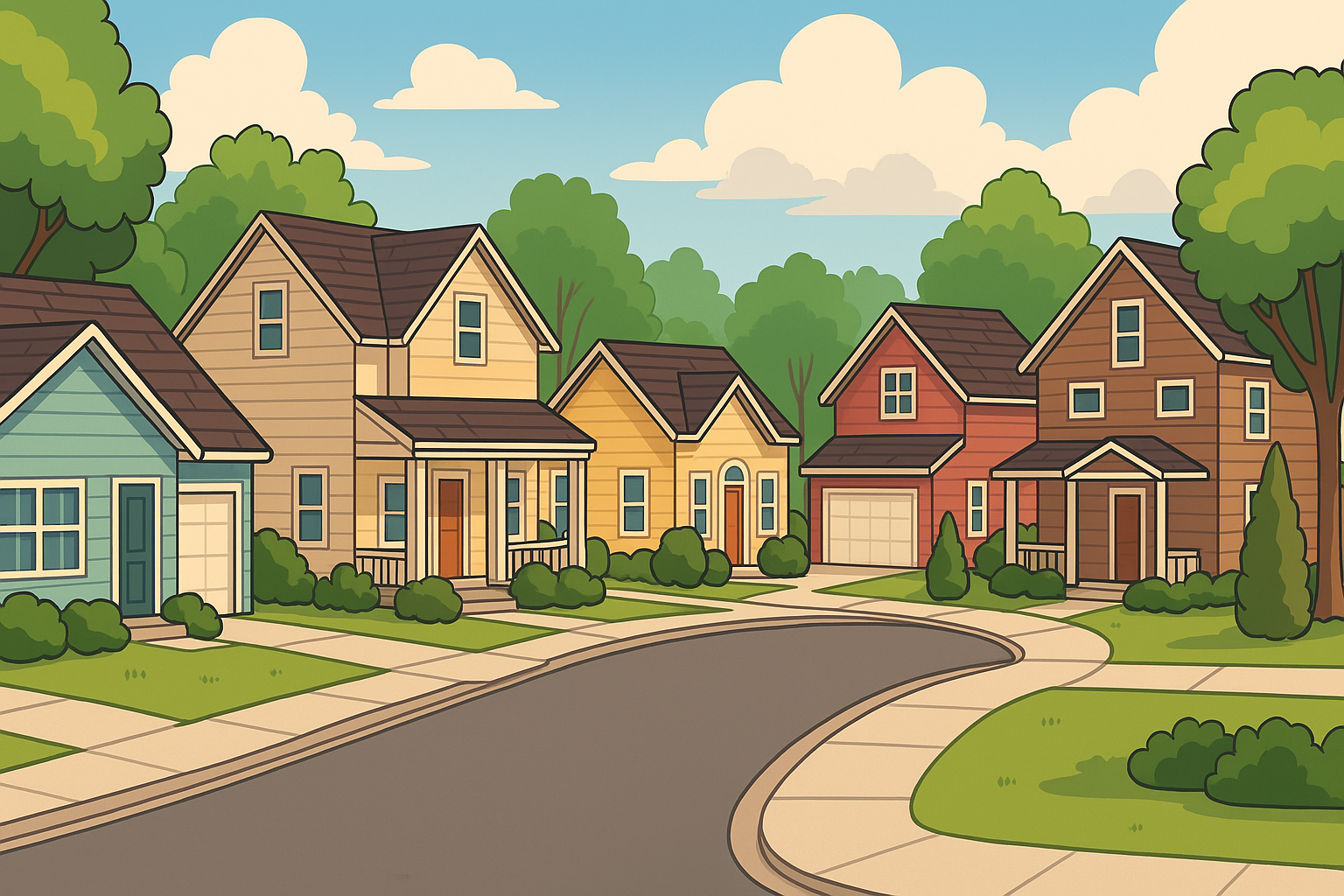Living off the Grid is Possible, but is it Practical?
The Truth About Buying Land to Live Off the Grid in an RV

A question I get quite often is: "Hey Edna, I have this great idea—I want to buy a piece of land, park an RV on it, and live off the grid!" While it sounds appealing and adventurous, let me be honest with you: this is not as straightforward as it seems.
First and foremost, most cities and counties will not allow you to simply park an RV on a piece of land and call it home. There are zoning regulations and rules in place to ensure that properties are being used appropriately. The local government has specific requirements regarding sewage, plumbing, power, water, and other utilities. Without these essential services, you won’t meet the legal criteria for residential living.
The Reality of Off-Grid Living
Let’s break it down a bit more. If you’re thinking of putting an RV on a $5,000 acre of land, you’re likely going to face several challenges. For one, at that price, the property is probably not easily accessible. It might even require crossing someone else’s property just to get there, which could lead to disputes.
Then there’s the matter of making the land livable.
- Septic system: You’ll need to install a septic tank for waste management.
- Water: Access to clean water is critical, whether you drill a well or connect to a municipal source.
- Power: While solar energy might be an option, it requires significant upfront investment and proper setup.
- Permits: Even if you’re off-grid, you’re not off the hook for permits and inspections.
Without addressing these essentials, you’re at risk of violating local laws and potentially losing your property investment.
What Should You Do Instead?
If you’re serious about this idea, your first step should be to visit the planning and zoning department in your area. For instance, here in Brevard County, you can head to the Planning and Development Office in Viera. Talk to them about the specific piece of land you’re considering, and they’ll guide you through the rules and requirements. This step will save you a lot of headaches and help you make an informed decision.
Closing Thoughts
Living off the grid in an RV might sound like a dream, but it’s crucial to approach it with realistic expectations and thorough planning. Don’t let excitement lead you into a situation that could cost you time, money, and peace of mind. Instead, do your homework, consult with the proper authorities, and ensure that your dream aligns with local laws and regulations. With the right preparation, you can find a solution that works for you without the risk of losing everything you’ve worked hard for.













